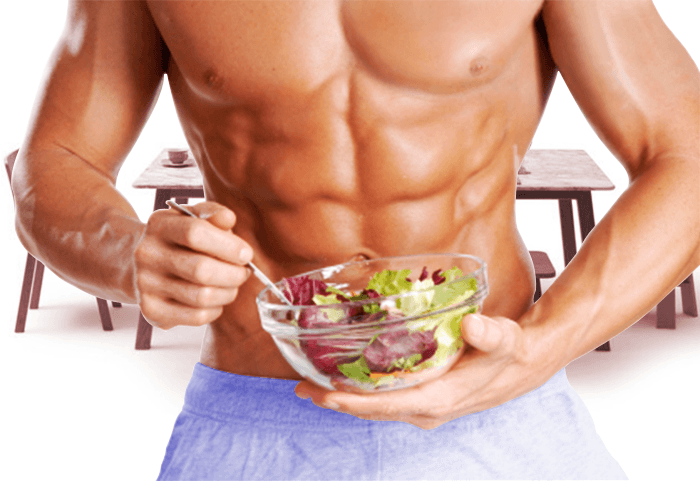For some, dietary restrictions make it seem difficult to get enough protein. Knowing how much protein you need each day, and understanding that protein doesn’t just come from red meat are the first steps in optimizing your protein intake. Whether you’re a body building boss in rigorous prep using New Zealand whey protein, or just an average person trying to boost your fitness, today our team is going to outline some of the best options for vegetarians looking to boost their protein intake.
What’s the Point of Protein?
First, let’s understand the role protein plays in your active lifestyle. The biggest reason protein is important to your well-being is that it’s made up of micro nutrients known as amino acids. These fall into 20 broad categories, including everything from antibodies that help your immune system to hormones, and even structural support for cells. So, in short, without protein you would have a difficult time doing just about anything: walking, eating, even breathing.
How Much Protein Do I Need?
Protein is a macronutrient, and one your body needs more of than most other nutrients. An active man or growing teenage boy needs a total of seven ounces of protein daily, whereas an average woman, child or elderly person just needs five. For active women, growing teenaged girls and most older children, as well as more sedentary men, six ounces of protein will meet the body’s needs. Experts agree protein is best absorbed when consumed through multiple servings across the day.
Where Can I Get All this Protein?
Now that you understand why protein matters, and how much of it you need to keep you on an even keel, you might be wondering if finding protein without resorting to gorging yourself on meat around the clock is possible. Some of the best vegetarian protein choices available include:
- Lentils: one cup of lentils has 18 grams of protein. They’re a nutritional powerhouse, offering a dose of fiber along with a number of minerals and vitamins as well.
- Beans: red, black, white, soya, pinto, lima, navy, adzuki, or kidney beans, as well as chickpeas, provide a great boost of protein without crossing the meat line. An average cup of beans brings 15 grams of protein to your plate, along with a wide variety of other purposeful nutrients.
- Quinoa: providing what many nutritionists call “perfect protein” as it contains all nine of the key amino acids your body needs, you’ll get around eight grams per cup.
- Tofu and Soy: tofu, and other soy protein products, can provide eight grams of protein per 100 grams of product. The flexibility of tofu as a stand-in for meats is a huge boon for vegetarian diets.
- Oats: at six grams per cup, morning oatmeal is a great way to add protein to the most important meal of your day.
- Nuts and Seeds: nuts and seeds, as well as their butters, can provide a quality protein hit of around six grams per 30-gram portion. However, be aware of the ingredients in nut/seed butters as often there are hidden sugars and undesirable fats.
Dairy products and eggs also have a reasonable amount of protein to bring to the party. And it is worth noting some vegetables, like spinach or tomatoes, offer as much as six grams of protein per serving.
The key to success in all of this is, as always, following a healthy diet overall and enjoying most things in moderation. By taking care to plan meals and insure you’re getting appropriate nutrition from all components of the food pyramid, you’re sure to hit your protein targets.
Recent Posts
- Castor Oil For Better Hair Growth: Is It Myth Or Fact?
- Exploring the Differences Between Sermorelin, Ipamorelin, Ibutamoren, GHRP2, and GHRP6: Understanding Their Role in Human Growth Hormone Regulation
- Unraveling the Mystery: Understanding the Causes and Prognosis of Ventricular Tachycardia Without Apparent Heart Disease
- Understanding Grandparents’ Rights in Oklahoma: Navigating Visitation and Legal Protections
- 10 Reasons to Consider Hypnotherapy for Your Health

